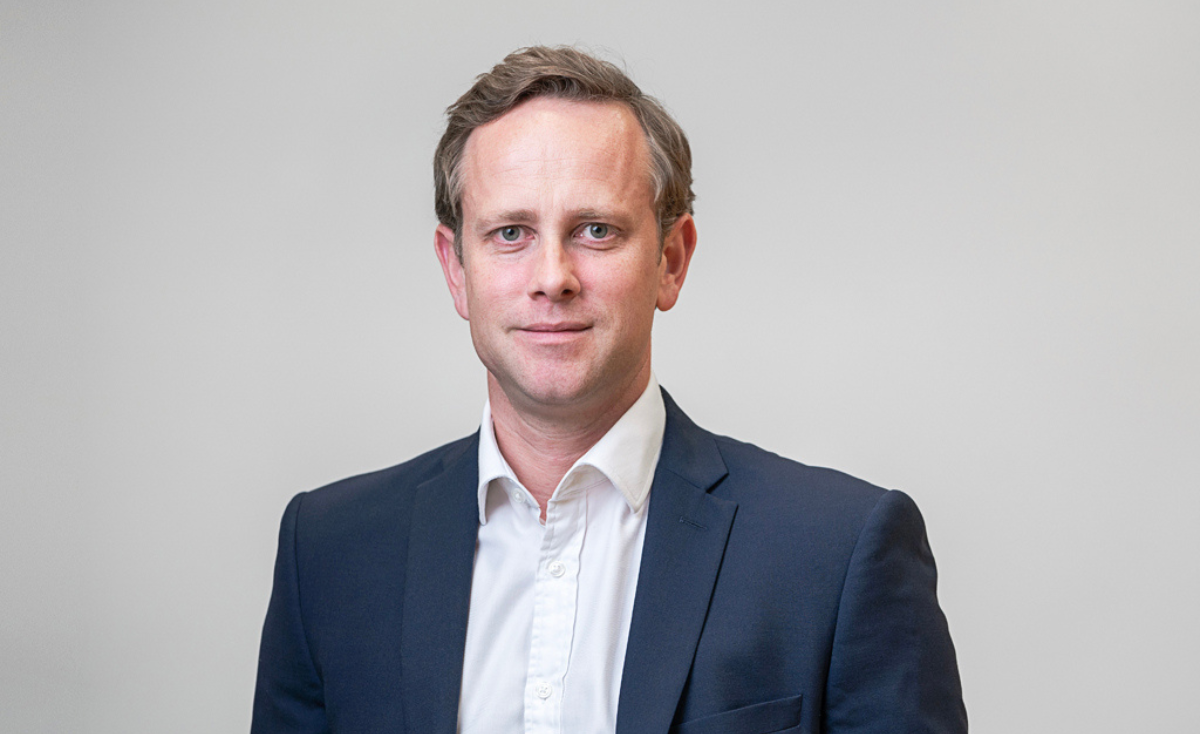 Mark Gillan, Head of Product, AJ Bell.
Mark Gillan, Head of Product, AJ Bell.
Andrew Putwain: ESG funds offered as ‘passive’ rather than active – what are the drawbacks/benefits?
Mark Gillan: Customer communication is important; it is much simpler to communicate if you are actively managing those products. There is an element of natural suspicion of passive management in this space. There is an idea of an index with money slung into them and little ongoing stewardship, instead, it has a fund manager who is a lot less active in terms of engagement and voting.
It is a lot easier for active managers to demonstrate this engagement. There is a level of engagement that happens in passive management, but it is much more nuanced. As an example, we rely on our underlying index and methodologies. It is our job to work with these methodologies, make sure we are comfortable with them, understand their details completely, and know what we are looking at in terms of ESG.
This investor relations with funds and big passive managers on the details of stewardship is a growing workload. You can look at it as a system of passive implementation but active management, so it is a hybrid approach.
" We took the approach that we can’t please everybody, and you are talking about an ethical/moral decision, and with multiple customers, so you are always going to have those that prefer impact investing."
Andrew: If your firm doesn’t specialise in ESG what are the best ways to still offer products and point your clients in the right direction?
Mark: Yes, we are not specialists in ESG. We chose to collaborate with leading providers – after due diligence checks – as a passive provider, and we see index providers that we have chosen to work with. We took the approach that we can’t please everybody, and you are talking about an ethical/moral decision, and with multiple customers, so you are always going to have those that prefer impact investing. Then you will have those in the middle that deliberate about the specific shade of green that is acceptable to them.
We work with index providers that offer the most exhaustive list of exclusions and an understandable methodology, which means that people aren’t wading through a 500-page document on quantitative assessment. They need clear metrics, rankings, and simple reasons for why this company is in, but this company isn’t.
Andrew: Is the exclusion methodology the hidden facet that people need a better understanding of and needs to be more publicised?
Mark: Yes, there are traditional ‘sin’ companies, and others that are the paragons of virtue, but you do have a lot of ‘grey area’ companies that aren’t perfect, and you don’t want to limit opportunities too much. We have revenue targets and if you take out all energy stocks or all financial, you are going to end up with a poorly performing product. It is that balance of exclusion, you might end up with perfect ESG companies, but only have four of them.
"We have consistent, objective methodologies, and if it is sensibly communicated, then customers will understand that."
The products that we use have certain revenue tolerance. Investors can remove companies with alcohol. But the problem is if you do that, you then remove airlines because they sell alcohol or hotels. It gets really niche quickly. Whereas the methodology that we use has tolerance levels and if, for example, a company earns more than 5% of its revenue from alcohol distribution then it's excluded. That removes your true alcohol restrictions, whereas broader firms were incidental and not included.
It is fiddly, but we have consistent, objective methodologies, and if it is sensibly communicated, then customers will understand that.
Andrew: Where do you see ESG in the fund space going in the next few years?
Mark: In the short-to-medium term, the current trends won’t go away. We expect to see more demand from customers across the spectrum for ESG.
There was chatter after Russia’s invaded Ukraine, about whether ESG will hold up, or would companies assess the preferences, but I think it’s the opposite. The underlying market and industrial trends point towards more ESG, as do customers' concerns.
Regulators don’t look to be going off it. The FCA is going to mandate financial advisors to establish the ESG preferences of customers when they are going through their risk questionnaire. The EU has taken steps to do that, which will be integrated into the advice process. It looks like that is coming to the UK as well. The financial advisors are going to start demanding more products and then a more sophisticated type of audience that will naturally be more complex.
"Those fund operators that don’t embrace ESG may wither away as the market flows, but there will always be some non-ESG compliant firms that may flourish by being able to service a portion of the market that doesn’t want to, or can’t, apply ESG principles to their business."
If we look 10 years in the future, I do wonder if ESG will wither as a term and idea as the principles around it become more mainstream and ‘the expected’ way of doing business and investment and the current ESG funds don’t need to be labelled separately as previous iterations and similar ideas, such as corporate social responsibility, have become incorporated and normalised.
Those fund operators that don’t embrace ESG may wither away as the market flows, but there will always be some non-ESG compliant firms that may flourish by being able to service a portion of the market that doesn’t want to, or can’t, apply ESG principles to their business.
Please Sign In or Register to leave a Comment.
SUBSCRIBE
Get the recent popular stories straight into your inbox







